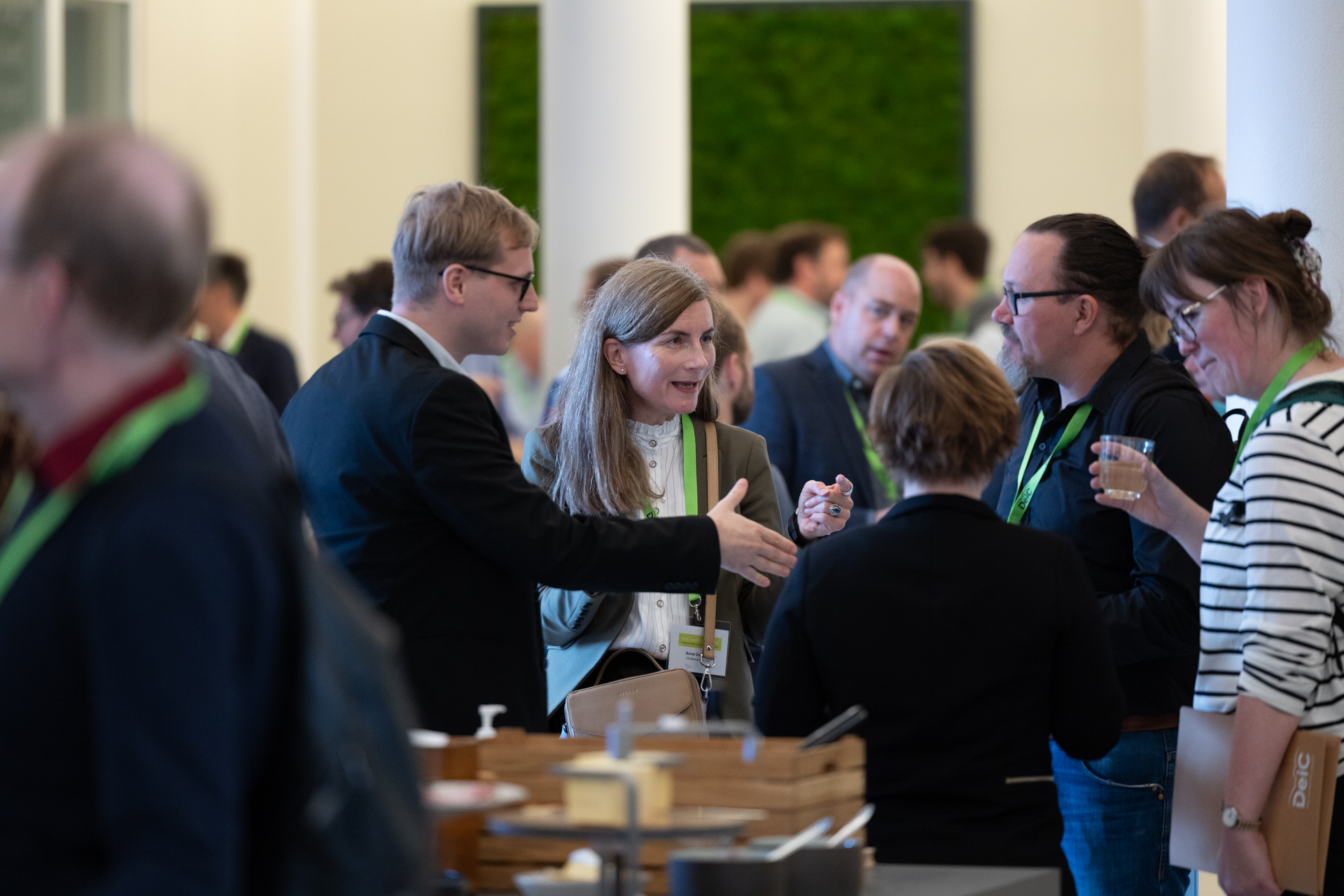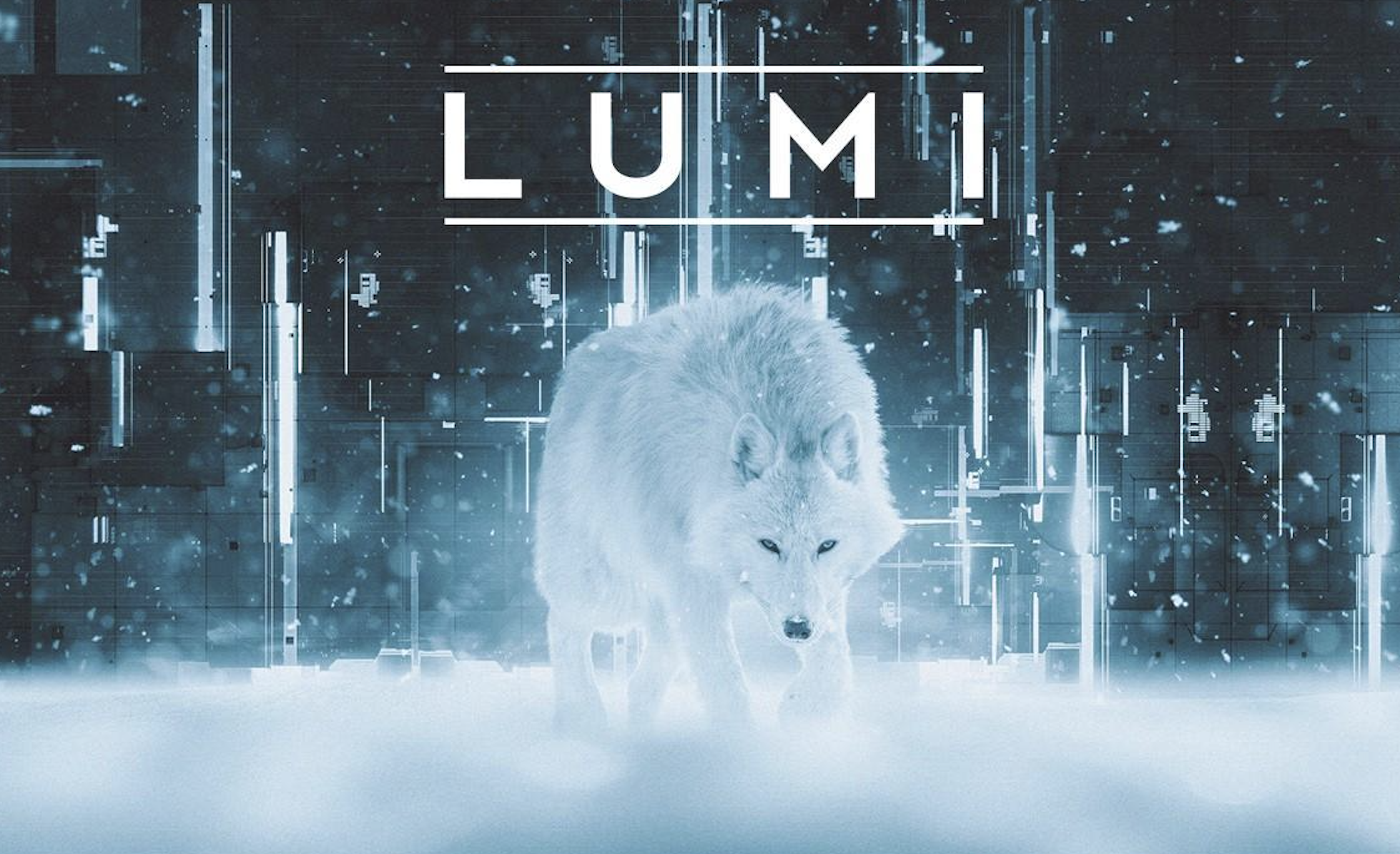
On November 7th and 8th, 250 participants, speakers, and sponsors gathered at Comwell Kolding for what we consider the event of the year at DeiC: the DeiC Conference. The number of registrations for this year's conference was record-breaking, and the strong support demonstrates that the willingness and interest in strengthening Danish research and education through collaboration around DeiC have never been greater.
Common goals, common efforts
The importance of collective effort to achieve a common goal was a significant theme in several of the introductory presentations from DeiC's management, universities, and the Danish Agency for Higher Education and Science:
We need to be at the forefront of digitalization as quickly as possible. This can only be achieved if researchers, students, and IT Staff at universities support, participate in, and utilize DeiC. Anne Marie Falktoft, Deputy Director, Danish Agency for Higher Education and Science.
DeiC faces many important tasks in the coming years. These include implementing a national Data Management strategy based on FAIR principles, managing the increasing demand for HPC resources, strengthening Danish research institutions' resilience against cyber attacks, and, not least, DeiC's role in the new national quantum strategy. As emphasized by Anne Marie Falktoft, it is therefore gratifying that DeiC, with the new regulation, has obtained an enhanced working space to promote collaboration among universities and drive national development forward.
Inspiration, debate and networking
The Program Committee had ensured a broad and exciting program with presentations and discussions representing all of DeiC's business areas:
In the Network and Services track, there was a focus on AI, IoT, and fiber across the North Pole. In the Security track, the focus was on the government's new cybersecurity strategy and efforts to strengthen security in the research sector. The HPC track featured interesting presentations on topics such as the EuroHPC collaboration and 8 use cases that described how supercomputing creates value for STEM, humanities, and social sciences. Finally, the Data Management track focused on universities' work with Data Management and the implementation of the FAIR strategy, the new national Data Management services and how better Data Management practices are integrated into research work. As something new, the academic presentations were supplemented with panel debates and brainstorming sessions.
From Data Management in DeiC, we are pleased that there was once again great interest in the DM track at this year's DeiC Conference, and it will not be the last time we try different session formats to encourage interaction and knowledge sharing. We sense a great interest in our DM track - from non-Danish speaking researchers nationally and internationally. The DM track of the DeiC Conference provides an opportunity to present and discuss topics that may not immediately have a place at other conferences. It is something special and valuable. Anne Sofie Fink Kjeldgaard, Head of Data Management, DeiC.
The quantum field was naturally represented in both the HPC track and in an exciting closing keynote session on Hybrid Quantum Chemistry on Hybrid NISQ Quantum Computers, by Stephan P. A. Sauer, Department of Chemistry, University of Copenhagen.
As in previous years, the significant interactions took place not only in the four different tracks but also extensively between sponsor booths, during the buffet, and at the coffee station, where participants had the opportunity to engage in conversations and strengthen relationships.
Watch a video about the conference here:
Find the program for day 1 and day 2 here.
Explore the different posts on social media with #DeiC23.
Once again, thank you for your participation and contributions, and we look forward to seeing you at the DeiC Conference 2024.



